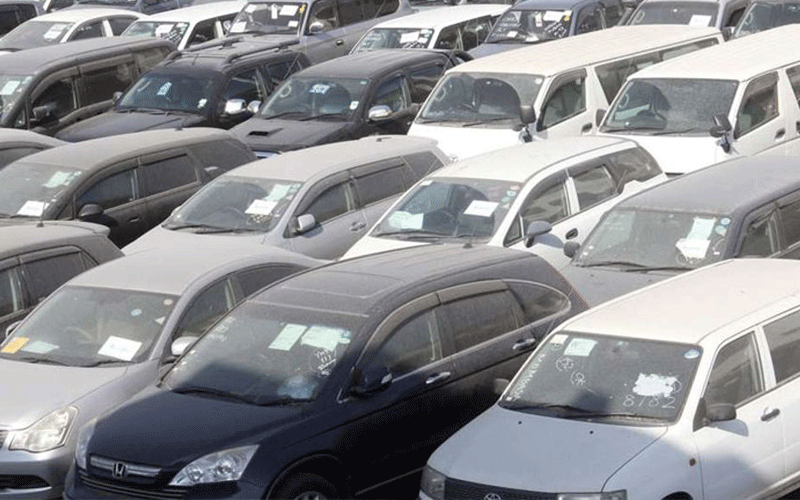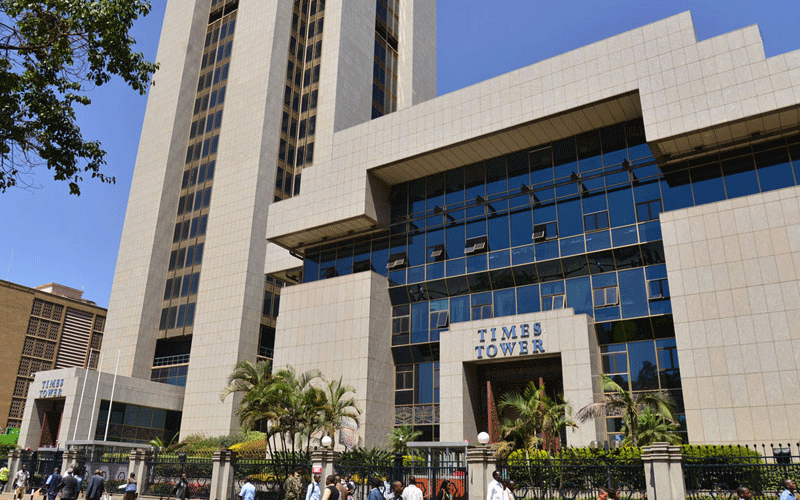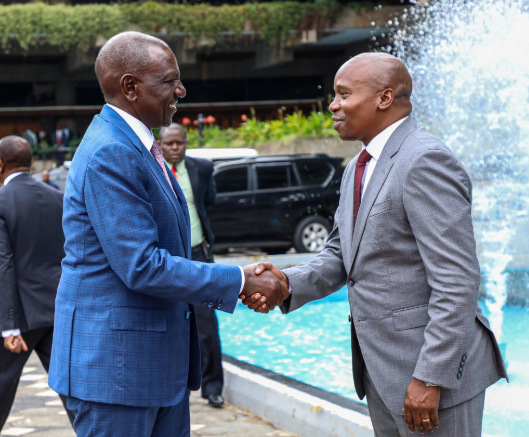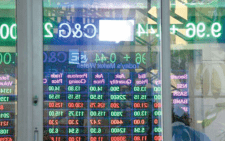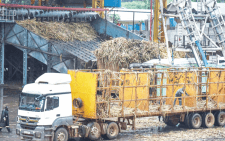Keroche boss rules out sale amid outstanding tax standoff with KRA
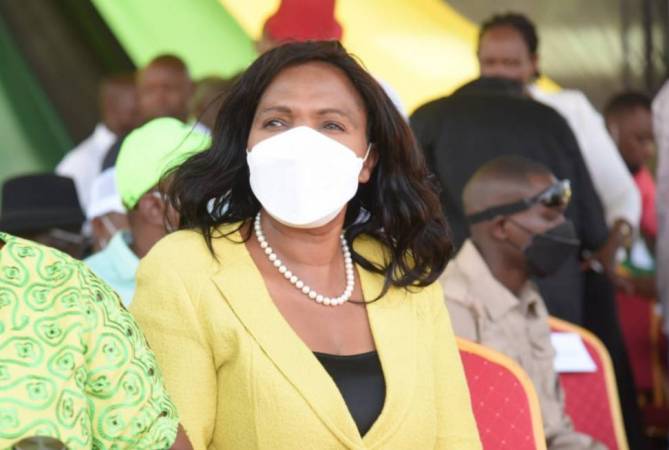
Keroche Breweries chief executive Tabitha Karanja (pictured) has ruled out any plan to auction the business despite the Kenya Revenue Authority’s (KRA) multi-billion tax demand that has darkened the future of the firm.
With KRA warning 36 banks against loaning the firm, its resources are expected to run slim if the tax collector presses its way, putting the brewer’s assets and stakeholders’ at risk.
“There is a big challenge accessing finances, and that’s why we are pleading for the lifting of the agency notice with the banks. However, we’ve not reached the point of selling Keroche,” Karanja said in a statement.
Keroche, she said has inspired many people who would want it to survive, adding it just needs a conducive environment, and it will go back to where it was. “Actually, Keroche is not doing badly in terms of revenues,” she said.
The taxman shut the Naivasha-based firm over tax arrears of about Sh22.7 billion in total, an amount that Keroche has linked to the taxman’s ‘errors’ during product reclassification and backdating of uncollected tax that bloated the total dues demanded.
Keroche maintains it only owes KRA Sh322 million in arrears plus Sh500 million it had defaulted paying in 24 monthly instalments.
It has further linked the ongoing tax woes to business competition aimed at wiping the 25-year-old brewery out of the market in favour of multinational companies.
In 2019, Danish Brewing Company EA Ltd was permitted to establish a brewery plant at the Naivasha Industrial Park, adding to the long list of international companies competing for market share with local startups.
According to Keroche, which neutralised the dominance of Diageo Group’s East African Breweries Ltd, the reclassification of its manufactured products to higher tax brackets, which has been the basis of contention, was selectively applied as other manufacturers enjoyed the much-needed State support.
Selective legislation
“Our competitor’s new product was given a tax incentive. This selective legislation was done on 2 occasions by two different Ministers for Finance,” Keroche CEO Tabitha Karanja said in a statement.
She notes that in 2007/2008 Finance Bill, Keroche’s main competitor- ‘Senetor Keg’ was zero-rated to enable the low-end market to afford the product. “The logic was questionable as it demonstrated the overwhelming influence that foreign multinationals have over the decisions made by government agencies geared towards suppressing local enterprises,” the Naivasha-based brewer noted.
It had manufactured Vienna Ice Vodka as a low-end ready-to-drink vodka excisable at a 45 per cent excise rate in its diversification strategy to lift revenue stream.
